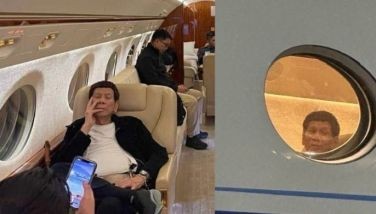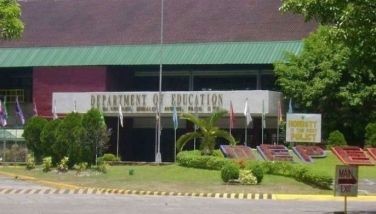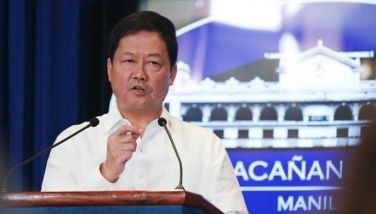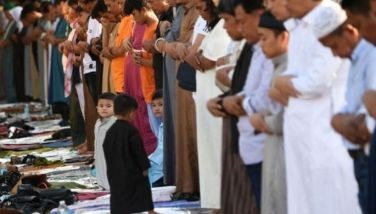‘Burma: The status quo cannot continue’
Yet another episode in the Burmese tragedy has come to pass. With their peaceful protests, Burmese people have displayed how hungry they are for change. But once again, the military regime has turned a deaf ear to their longing for democracy. Once again, men and women of this country have been killed, beaten and imprisoned for their ideas and for demanding the right to live in dignity.
The international community has unanimously condemned this repression. The European Union has adopted fresh sanctions to force the junta to face the consequences of its actions. The Human Rights Council has unanimously declared its opposition to such repression. The United Nations Security Council has called on the military regime to release political prisoners and engage in dialogue with opposing parties. The good offices mission of Ibrahim Gambari, the United Nations Secretary-General’s Special Envoy, gathered support from the entire international community. All of these responses are commendable.
But first and foremost, we must think of the Burmese people. They ought not be put at a double disadvantage. As they already pay dearly under a regime that is indifferent to their suffering, they should not be denied under the impact of international sanctions the ability to communicate with the outside world. Since 1962, the military regime has wanted to cut them off; let’s not help them do so.
That is why it is indispensable for Sergio Pinheiro, the United Nations Special Rapporteur on the situation of human rights in
Since 1962, the Burmese population has not only been deprived of democracy, but also of economic development, while neighboring countries have experienced substantial growth. I am therefore convinced that we must take action against those who are wrongfully benefiting from the country’s resources and illegally exporting its wood, its precious stones and its fish. To halt those shameful flows while respecting the interest of the Burmese people, we need to involve the leading trade partners of the junta in
The European Union has taken this into account. When imposing new sanctions, the European Union has reaffirmed that it would ease or even suspend such sanctions in light of developments in the political situation and the findings of Mr. Gambari’s mission. It is now up to the junta to assume its responsibilities.
I have come to
However necessary they may be, such solutions should take Burmese history and society into account, including the place of ethnic minorities and the role of the army, seen by some as a stabilizing factor. They must also take into account the democratization process itself, which at times has been considered the source of unrest even though the development of many countries in
I will have the chance to share views during my visit, which will be particularly constructive. I am counting on such dialogue very much and am convinced that the efforts of France, its European partners and its Asian friends will successfully break the political deadlock the Burmese people find themselves in.
- Latest
- Trending
































